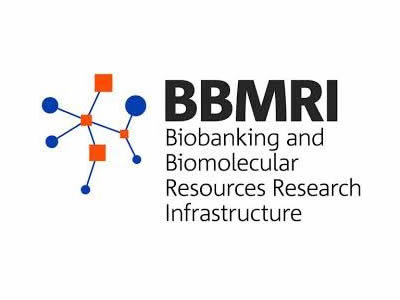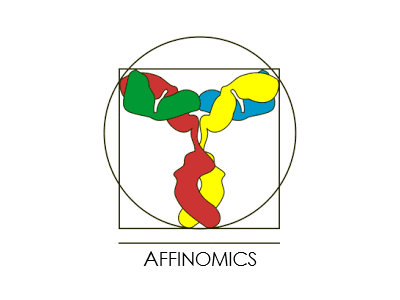FP6 EU Framework Project
“A European Resource of Affinity Reagents for Analysis of the Human Proteome.”
This was a forerunner of Affinomics and planned the production of binding reagents for analysis of the human proteome. It ran from 2006 to 2010 and was coordinated by Mike Taussig while at the Babraham Institute, pre-dating CPA, with 28 partners from 13 countries and was funded under the FP6 Research Infrastructures programme. The project was highly influential in highlighting the methodologies required for large scale antibody production and a template for the future development of antibody resources was laid our in a Nature Methods commentary article: Taussig MJ, Stoevesandt O, Borrebaeck CA, Bradbury AR, et al. ProteomeBinders: Planning a European Resource of Affinity Reagents for Analysis of the Human Proteome. Nature Methods 2007;4:13-7.










